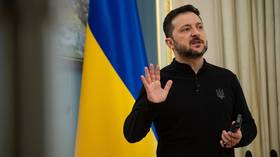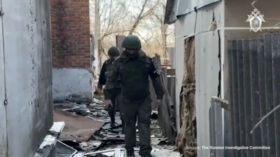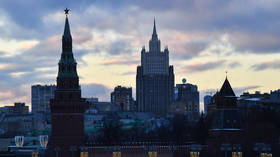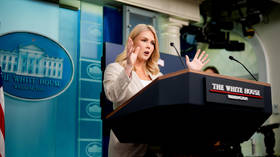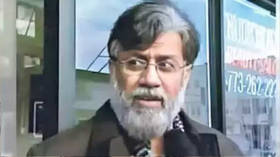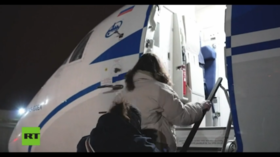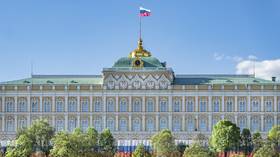Force British jihadists into de-radicalization programs, says counter-terror chief
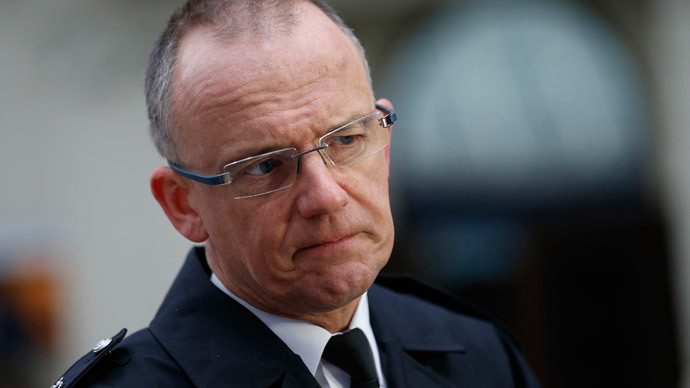
Counter-terror police attempting to cope with growing numbers of Britons drawn to extremist ideologies may request fresh powers to force people to enroll in de-radicalization programs, the UK’s counter-terror chief says.
Head of Specialist Operations at Scotland Yard Mark Rowley said a new program is required to de-radicalize would-be jihadists before they become terrorists.
Britain’s current de-radicalization program, known as Prevent, has been the focus of sharp criticism in recent months.
READ MORE: New counter-extremism laws pledged in Queen’s Speech
Commenting on the initiative, Rowley said some of its measures must be intensified, as current levels of counter-terror arrests in Britain are averaging at one per day.
Scotland Yard said terror-related arrests hit record levels in 2014, with a total of 338 people detained in England, Wales and Scotland.
Over 50 percent of these related to war-torn Syria, Rowley said.
Rowley revealed over 700 possible terror suspects had journeyed to Syria, and hundreds of these had made their way back to Britain.
Those who had made it back to British soil are estimated to be of “real concern,” he said.
Of the most recent arrests, 56 of the terror suspects were teenagers – a situation police say is “an emerging trend.”
Commenting on the rise of radicalization in Britain, Rowley said those who travel to Syria “are not aid workers” or “visiting relatives.”
He said there is real concern they are embroiled in fighting or are supporting it.
Rowley estimated as many as 360 British terror suspects remain at large in Syria.



